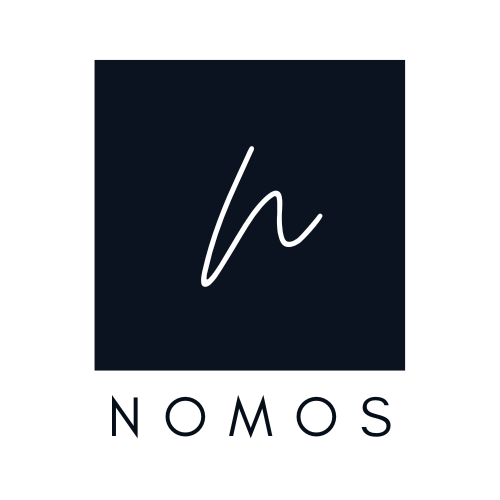NOMOS provides multiple deployment options to suit different environments and requirements.
CLI Deployment Quick Deployment with CLI The simplest way to deploy your agent is using the NOMOS CLI:
Basic Deployment
Custom Configuration
With Tools
# Deploy with FastAPI server nomos serve --config config.agent.yaml
CLI Usage Guide See complete deployment options in the CLI documentation
Docker Base Image NOMOS provides a base Docker image that you can use to quickly containerize your agents. The base image is available on Docker Hub as dowhiledev/nomos-base.
Create a Dockerfile using the base image
# If using the base image FROM ghcr.io/dowhiledev/nomos:latest # Copy your config file COPY config.agent.yaml /app/config.agent.yaml # Copy your tools COPY tools.py /app/src/tools/ CMD [ "nomos" , "serve" , "--config" , "config.agent.yaml" , "--workers" , "4" ]
Or Build from scratch
# If building from scratch FROM python:3.11-slim WORKDIR /app # Install dependencies RUN pip install nomos[cli,openai] # Copy files COPY . /app/ CMD [ "nomos" , "serve" , "--config" , "config.agent.yaml" ]
Build and run your container
docker build -t your-nomos-agent . docker run -e OPENAI_API_KEY=your-api-key-here -p 8000:8000 your-nomos-agent
Environment Variables Essential environment variables for deployment:
Variable Description Required OPENAI_API_KEYOpenAI API key If using OpenAI ANTHROPIC_API_KEYAnthropic API key If using Anthropic MISTRAL_API_KEYMistral API key If using Mistral GOOGLE_API_KEYGoogle API key If using Gemini HUGGINGFACE_API_TOKENHuggingFace token If using HuggingFace JWT_SECRET_KEYJWT secret key If using JWT auth CSRF_SECRET_KEYCSRF secret key If using CSRF protection API_KEY_VALIDATION_URLAPI key validation endpoint URL If using API key auth SESSION_STORESession store type Optional DATABASE_URLDatabase connection URL If using production session store REDIS_URLRedis connection URL If using production session store
Security Configuration NOMOS now includes comprehensive security features that can be configured for production deployments:
Authentication JWT Authentication
API Key Authentication
Complete Security Setup
server : security : enable_auth : true auth_type : jwt jwt_secret_key : "$JWT_SECRET_KEY"
Rate Limiting & CSRF Protection server : security : # Rate limiting enable_rate_limiting : true rate_limit : "100/minute" # CSRF protection enable_csrf_protection : true csrf_secret_key : "$CSRF_SECRET_KEY" # CORS configuration allowed_origins : - "https://your-frontend.com" - "https://your-admin.com"
Security Documentation Complete security configuration guide
Production Considerations
Security Enable authentication, rate limiting, and CSRF protection
Scaling Configure multiple workers for high traffic
Monitoring Enable logging and monitoring for production
Health Checks Built-in health check endpoints at /health
Cloud Deployment Docker Compose For orchestrated deployments:
services : your-nomos-agent : build : . ports : - "8000:8000" environment : OPENAI_API_KEY : ${OPENAI_API_KEY} # Security configuration JWT_SECRET_KEY : ${JWT_SECRET_KEY} CSRF_SECRET_KEY : ${CSRF_SECRET_KEY} # Session store configuration SESSION_STORE : production DATABASE_URL : postgresql+asyncpg://nomos:nomos@postgres/nomos REDIS_URL : redis://redis:6379/0 KAFKA_BROKERS : kafka:9092 SESSION_EVENTS : "true" depends_on : - postgres - redis - kafka restart : unless-stopped healthcheck : test : [ "CMD" , "curl" , "-f" , "http://localhost:8000/health" ] interval : 30s timeout : 10s retries : 3 postgres : image : postgres:15 ports : - "5432:5432" environment : POSTGRES_DB : nomos POSTGRES_USER : nomos POSTGRES_PASSWORD : nomos volumes : - postgres_data:/var/lib/postgresql/data restart : unless-stopped healthcheck : test : [ "CMD-SHELL" , "pg_isready -U nomos" ] interval : 10s timeout : 5s retries : 5 redis : image : redis:7-alpine ports : - "6379:6379" volumes : - redis_data:/data restart : unless-stopped healthcheck : test : [ "CMD" , "redis-cli" , "ping" ] interval : 10s timeout : 5s retries : 5 kafka : image : bitnami/kafka:latest environment : # KRaft mode configuration (without Zookeeper) KAFKA_CFG_NODE_ID : 0 KAFKA_CFG_PROCESS_ROLES : controller,broker KAFKA_CFG_CONTROLLER_QUORUM_VOTERS : 0@kafka:9093 KAFKA_CFG_LISTENERS : PLAINTEXT://:9092,CONTROLLER://:9093 KAFKA_CFG_ADVERTISED_LISTENERS : PLAINTEXT://localhost:9092 KAFKA_CFG_LISTENER_SECURITY_PROTOCOL_MAP : CONTROLLER:PLAINTEXT,PLAINTEXT:PLAINTEXT KAFKA_CFG_CONTROLLER_LISTENER_NAMES : CONTROLLER KAFKA_CFG_INTER_BROKER_LISTENER_NAME : PLAINTEXT # Allow auto-creation of topics KAFKA_CFG_AUTO_CREATE_TOPICS_ENABLE : "true" ports : - "9092:9092" volumes : - kafka_data:/bitnami/kafka volumes : postgres_data : redis_data : kafka_data :
Kubernetes Basic Kubernetes deployment:
apiVersion : apps/v1 kind : Deployment metadata : name : nomos-agent spec : replicas : 3 selector : matchLabels : app : nomos-agent template : metadata : labels : app : nomos-agent spec : containers : - name : nomos-agent image : your-nomos-agent:latest ports : - containerPort : 8000 env : - name : OPENAI_API_KEY valueFrom : secretKeyRef : name : api-keys key : openai-key - name : JWT_SECRET_KEY valueFrom : secretKeyRef : name : security-keys key : jwt-secret - name : CSRF_SECRET_KEY valueFrom : secretKeyRef : name : security-keys key : csrf-secret livenessProbe : httpGet : path : /health port : 8000 initialDelaySeconds : 30 periodSeconds : 10 readinessProbe : httpGet : path : /health port : 8000 initialDelaySeconds : 5 periodSeconds : 5 --- apiVersion : v1 kind : Service metadata : name : nomos-agent-service spec : selector : app : nomos-agent ports : - protocol : TCP port : 80 targetPort : 8000 type : LoadBalancer
Remember to properly manage secrets and API keys in production environments. Use Kubernetes secrets or your cloud provider’s secret management service.
Secure Docker Configuration For production deployments, create a secure Docker configuration:
FROM python:3.11-slim # Create non-root user RUN useradd -m -u 1000 nomos && \ mkdir -p /app && \ chown -R nomos:nomos /app WORKDIR /app # Install dependencies COPY requirements.txt . RUN pip install --no-cache-dir -r requirements.txt # Copy application files COPY --chown=nomos:nomos . . # Switch to non-root user USER nomos # Expose port EXPOSE 8000 # Health check HEALTHCHECK --interval=30s --timeout=10s --retries=3 \ CMD curl -f http://localhost:8000/health || exit 1 # Run the application CMD [ "nomos" , "serve" , "--config" , "config.agent.yaml" , "--workers" , "4" ]

